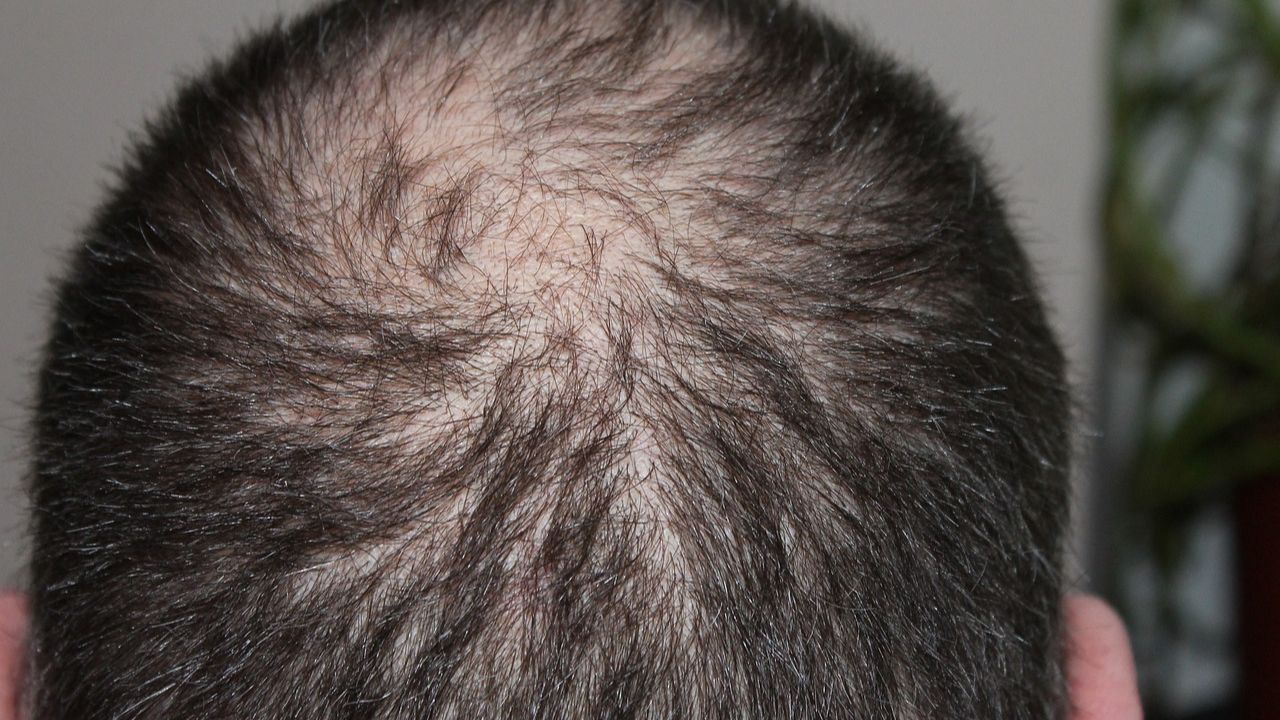Diabetes is a condition where our body is unable to effectively process sugar either due to insufficient insulin production or response. There are many diabetes symptoms and complications associated with diabetes but did you know that you can experience significant hair loss if you have diabetes?
This article will discuss the connection between high blood sugar levels and hair loss.
Understanding Diabetes and Its Impact on Hair Health
Theoretically, diabetes occurs when your body isn’t able to produce enough insulin or can’t utilize insulin efficiently, which leads to high blood sugar levels.
Okay now, what is insulin? Insulin is a type of hormone that helps move sugar from the bloodstream into the cells, where they are converted into energy.
When this process is disrupted, it can have widespread consequences for the body, including the health of your hair.
The Role of Blood Vessels in Hair Growth
Dr. Greg Vida, a senior surgeon at Harley Street Hair Clinic, explains the importance of healthy blood vessels in maintaining hair growth.
He highlights that high blood sugar can damage the vessels, harming the ability to deliver sufficient oxygen and nutrients to the hair follicles. This disruption in the supply can cause the hair follicles into a dormant phase, preventing growth and eventually leading to hair thinning and hair loss.
This can be concerning for people with diabetes as it not only affects the scalp but also affects the overall quality and health of their hair.
Insulin Deficiency and Hair Follicle Nutrition
Another reason of how diabetes affects hair health is because of insulin deficiency.
Insulin plays an important role in transporting sugar to the cells, including those responsible for hair growth.
When there’s not enough insulin, sugar cannot reach the hair follicles, depriving them of the energy needed to produce hair.
This lack of energy can result in reduced hair growth, leading to visible thinning and loss over time.
Strategies for Managing Diabetes-Related Hair Loss
Addressing diabetes-related hair loss involves managing blood sugar levels and ensuring your body receives the support it needs to maintain healthy hair growth.
Here are some practical tips:
Exercise and Physical Activity
Engaging in regular physical activity is beneficial for managing diabetes and its symptoms, including hair loss.
Some activities like walking, yoga, swimming, and dance classes can help control your blood sugar levels by improving insulin sensitivity and enhancing blood circulation, providing better nourishment to hair follicles.
Nutritional Support
A balanced diet rich in vitamins, minerals, and antioxidants can support hair health and help manage blood sugar levels.
Foods that are high in biotin, zinc, and vitamin E, for example, are known to support hair growth and strength. Additionally, focusing on a diet that helps regulate blood sugar levels, such as one low in refined sugars and high in fiber, can be beneficial.
Hair Care Practices
Gentle hair care practices can also mitigate hair loss. Avoiding harsh chemicals, reducing the use of heat styling tools, and choosing hair products that are suitable for your hair type can help minimize damage and support hair health.
Consult Healthcare Professionals
It’s crucial to work with your doctor to manage diabetes effectively. They can provide tailored advice on managing your condition, including potential treatments for hair loss. In some cases, medications or other interventions may be recommended to address underlying issues contributing to hair loss.
Conclusion
Hair loss is a complex condition with various underlying causes, including diabetes.
High blood sugar levels can damage blood vessels and affect insulin production, both of which are important for healthy hair growth.
By understanding these mechanisms, people with diabetes can take proactive steps to manage their condition and minimize its impact on hair health.
With a proper combination of exercise, proper nutrition, gentle hair care, and medical guidance, it’s possible to address diabetes-related hair loss and support your overall well-being.
Reference
Doctor warns red flag sign of diabetes can appear in your hair | Express.co.uk

